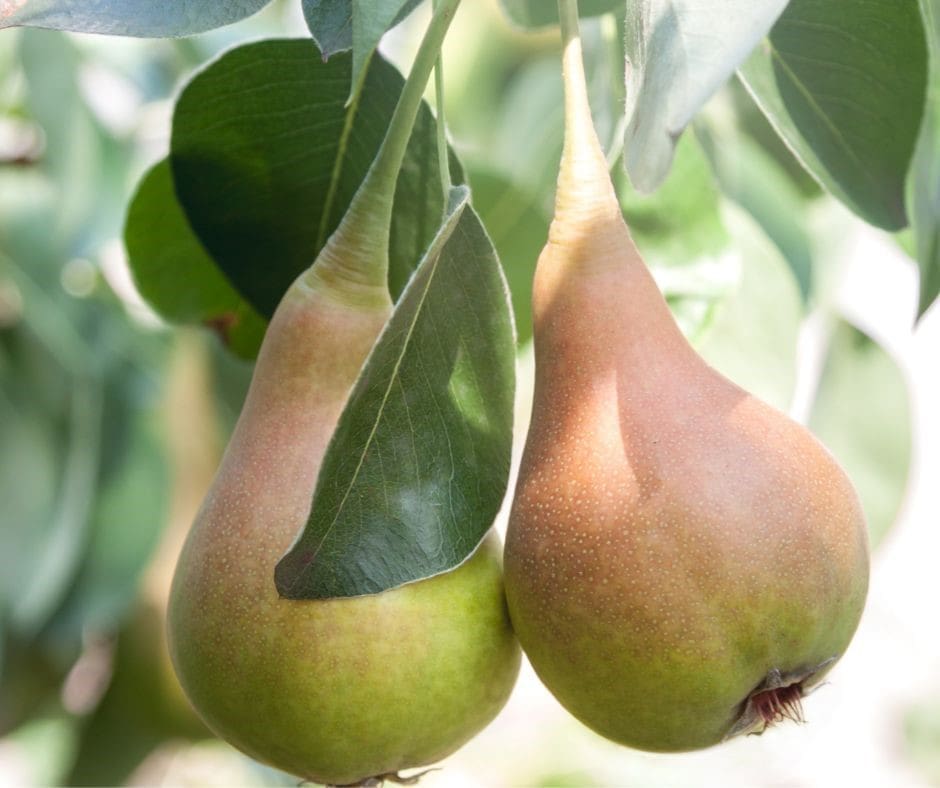By Trish Svoboda
An official from the Kansas Forest Service is encouraging residents of Kansas to stay vigilant for two invasive species that pose a risk to the state’s forests and ecosystems by displacing indigenous vegetation.
Ryan Rastok, who serves as the forest health coordinator for KFS, pointed out that Callery pear and bush honeysuckle are particularly troublesome during this period.
Originating from China, the Callery pear includes 26 varieties that pose substantial ecological issues in both Kansas and Missouri.
Among the concerns are:
• It replaces indigenous trees and plants in natural habitats, leading to a decrease in ecological biodiversity. This tree does not provide a habitat for local pollinators.
• It develops leaves before forest wildflowers awaken from their dormant state, depriving them of essential sunlight and inhibiting their growth.
• Its oval shape, reaching heights of 30-40 feet, combined with its fragile wood, makes it susceptible to falling branches that can pose a risk to people and property.
Rastok also says, it smells. “Yeah, there’s been a myriad of descriptions for the smell, most of them vile and maybe some not appropriate to say out loud,” he said.
Rastok announced that the Kansas Forest Service, along with several collaborators, is organizing a ‘buyback’ program for Callery pear trees in late April and early May. To be eligible, property owners are required to cut down a flowering Callery pear tree and submit a photograph. Although supplies are limited, property owners may have the opportunity to choose from almost twelve different replacement trees free of charge.
More information is available at https://deeproots.org/callery-pear-events.













